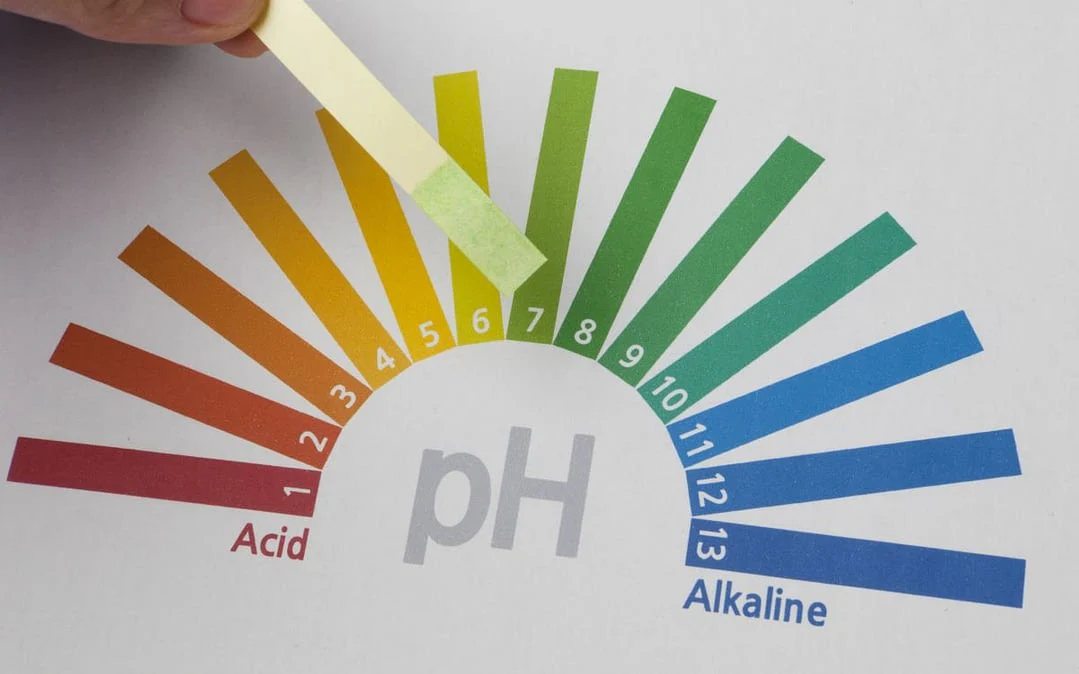Developing Proprietary Formulas: The Key to Building Your Own Brand
In the increasingly competitive cosmetics market, building a private label brand is not just about beautiful packaging or a massive…
Washing machines are gradually becoming indispensable items in every modern family. However, after a period of use, many people encounter the situation of the washing machine being clogged with residue at the bottom, causing discomfort every time they wash clothes. Don’t worry! Let’s discover the causes and effective solutions to help your washing machine stay […]
Washing machines are gradually becoming indispensable items in every modern family. However, after a period of use, many people encounter the situation of the washing machine being clogged with residue at the bottom, causing discomfort every time they wash clothes. Don’t worry! Let’s discover the causes and effective solutions to help your washing machine stay clean, durable and keep your clothes smelling fresh every day.
1. Using too much detergent/fabric softener
One of the most common causes is using too much detergent or fabric softener. When using more than the recommended amount, these substances do not have time to dissolve completely in water, easily clump and accumulate at the bottom of the machine, thereby causing scale buildup.
2. Not cleaning the washing machine regularly
Washing machines, like any other appliance, need to be cleaned regularly. Soap residue, lint, grease, and dirt from clothes accumulate over time in hidden places like the bottom of the machine or between the drums. If not cleaned promptly, these residues will continue to accumulate.
3. Filter tray and lint filter bag are dirty or torn
The lint filter bag plays a role in collecting dust and dirt from clothes during the washing process. When the filter bag is full, dirty or torn, its filtering ability is reduced, causing dirt to fall back, settle to the bottom of the washing machine and accumulate over time.
4. Dirty water source or water with many impurities
Tap water containing a lot of alum, minerals or impurities is the factor that contributes to the washing machine’s scale. Minerals in water can precipitate when exposed to high temperatures or when in contact with detergents, thereby forming a hard layer of scale.
5. Using an overloaded washing machine
When too many clothes are put into the machine, the space in the drum is too tight, causing the water and detergent to not dissolve evenly, resulting in the detergent settling down and sticking to the lower drum instead of being rinsed away.
6. Deteriorated machine parts – Peeling rubber gaskets and paint
After a long time of use, parts such as rubber gaskets and anti-rust coating in the washing drum can wear out and peel off. This peeling layer combined with dirt and soap will quickly form a layer of residue at the bottom of the washing drum.
Clothes are dirty and smell bad: Not only are clothes not cleaned, they also have stains, lint, and even an unpleasant smell after washing.
Reduces the life and performance of the washing machine: Dirt causes components to deteriorate quickly, causing the motor to jam or affecting the water discharge process.
Increased risk of bacteria and mold growth: Humid environment combined with dirt is a favorable condition for mold and bacteria to grow, directly affecting the health of the whole family.
1. Clean the washing machine drum regularly
Select the drum cleaning mode: Many modern washing machines have this mode available, which helps automatically clean and remove dirt deep inside.
Using hot water and vinegar/baking soda: Pour hot water into the washing machine, add 1-2 cups of white vinegar or 2-3 tablespoons of baking soda, soak for 1-2 hours, then run a normal washing cycle. Vinegar/baking soda helps remove stains and deodorize effectively.
Specialized cleaning powder: You can buy washing machine cleaning powder to quickly and safely clean the drum, prolonging the life of the machine.
2. Clean the filter and lint filter bag
Clean/increase inspection of the lint filter bag: Remove and wash or replace if torn to improve dirt filtering efficiency and keep the washing drum clean.
Clean the detergent/softener tray: Do not leave any remaining detergent to avoid clumping and causing more residue.
3. Use the correct type and amount of detergent
Use specialized products: Only use detergent powder/liquid specifically for the type of washing machine you are using, following the correct dosage recommended by the manufacturer to ensure complete dissolution and reduce the risk of residue buildup.
4. Do not overload the washing machine
Always keep the laundry load within the machine’s capacity. This not only reduces scale build-up but also helps the machine run more smoothly and last longer.
5. Maintain and repair machine parts when needed
Painting/maintaining the washing drum and rubber gasket: If any parts are found to be peeling or worn, replace or repaint them immediately to reduce the risk of residue build-up.
Check the water source: If the water source is alum-rich or has many impurities, you should install an additional filter to protect the washing machine and reduce scale buildup.
Open the machine door to ventilate after washing: Helps dry the drum, limit mold and odors.
Clean the machine periodically 1-2 times/month: Especially the bottom of the drum, rubber gasket, filter bag and detergent tray.
Regular hot water washing: Especially useful if the family has small children, elderly people or uses the washing machine regularly.
Do not use more than the recommended amount of detergent/softener: Helps all detergent to be rinsed away without leaving any residue.
The condition of the washing machine being clogged with scale is quite common but can be completely controlled if you understand the cause and apply periodic cleaning methods. Keeping the washing machine clean not only protects the health of the whole family but also prolongs the life of the equipment, helping you save time and unnecessary repair costs. Be proactive in taking care of the washing machine properly so that each load of laundry is always fragrant, clean and safe.

In the increasingly competitive cosmetics market, building a private label brand is not just about beautiful packaging or a massive…

In the cosmetics industry, especially in the field of detergent production, pH is one of the most important factors that…

In the context of the increasingly developing cosmetic industry, owning an internationally standardized processing process is a vital factor for…